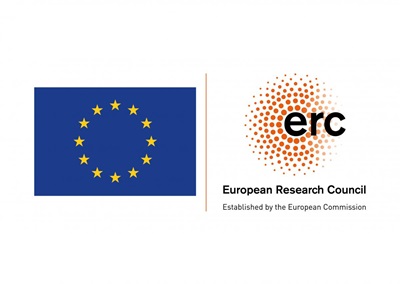We study the aqueous electrolyte solutions on a molecular scale to gain insight into the behavior of individual ions and their contributions to the nonideality of such complex fluids.
Aqueous electrolyte solutions are widely present in many biological, environmental, and geological phenomena. Theoretical and simulation studies have helped us gain sound understanding of the nature of electrolyte solutions and quantify their thermodynamic and transport properties. In particular, molecular simulations have provided us with powerful tools to study, on a microscopic scale, the behavior of such complex fluids and explore extreme conditions under which conducting experiments would be cumbersome if not impossible.
Of particular interest among thermodynamic properties of electrolytes are the mean ionic activity coefficients which measure deviations from ideal solution behavior. We currently have a limited understanding of the behavior of individual ions and their contributions to nonideality of solutions. A first aim for this project is to establish a thermodynamically viable path to calculate the activity coefficients of individual ions in aqueous electrolyte solutions, using free energy calculation techniques in explicit-water solutions. Our studies will facilitate direct calculation of individual ionic activity coefficients in a thermodynamically consistent framework without extra hypotheses. The study will further offer a compelling argument on the relative positioning of activity coefficients of individual ions with respect to each other and their contributions to solution nonideality.
More broadly, the project aims to develop molecular models that can represent both activity coefficients and salt solubilities over wide temperature ranges for both symmetric and asymmetric electrolytes. These are challenging for both molecular simulation and macroscopic modeling but it is the hope that the molecular simulation insight can provide valuable input for the development of primitive thermodynamic models by other participants in the project. The simulations also provide the primary structural and thermodynamic information (pair correlation functions, degrees of association, hydration energies) to develop and validate theoretical-based models.
Main supervisor
Professor Athanassios Z. Panagiotopoulos (azp@princeton.edu)
Co- supervisor
Georgios Kontogeorgis

“This project has received funding from the European Research Council (ERC) under the European Union’s Horizon 2020 research and innovation programme (grant agreement No 832460)”.